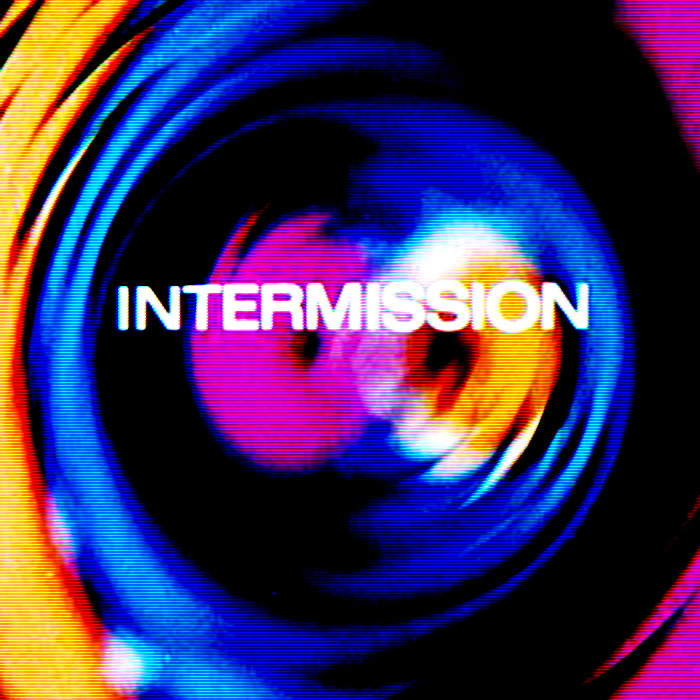
Music as a Political Weapon The history of popular music cannot be divorced from that of social, cultural and political movements, and yet the question remains: if music is politically efficient, how can we measure its impact? It is not clear what role music plays in the struggle for political, ideological and social change. Broadly the themes of the conference are divided into five main streams: 1. This international conference therefore aims to explore the new political meanings and practices of music and to provide an impetus for their study. Still, the music of the Arab Spring or of the Occupy and Indignados movements have been scarcely commented upon while they attest to significant changes in the way music is used by activists and revolutionaries today. Yet little has been written about how the politics of popular music has reflected the social, geopolitical and technological changes of the late 20th and early 21st centuries, after the fall of Communism. Most studies have focused on the genres and movements that developed with and in the aftermath of the 1960’s counterculture. The symbolic practices through which subcultures state and reinforce identities have been widely documented (mainly in the field of Cultural, Gender and Postcolonial Studies), as has the increasingly political and revolutionary dimensions of popular music.



Published: "Conference organizers Alenka Barber-Kersovan, Leuphana University of Lüneburg, Arbeitskreis Studium Populärer Musik, Germany Elsa Grassy, Université de Strasbourg, International Association for the Study of Popular Music-branche francophone d’Europe, France Jedediah Sklower, Université Catholique de Lille, Éditions Mélanie Seteun / Volume! the French journal of popular music studies, France Keynote speakers Martin Cloonan, University of Glasgow, United Kingdom Dietrich Helms, University of Osnabrück, Germany Provisional scientific committee Ralph von Appen, University of Giessen, Germany Esteban Buch, École des Hautes Études en Sciences Sociales, France Hugh Dauncey, University of Newcastle, United Kingdom André Doehring, University of Giessen, Germany Gérôme Guibert, University of Paris III, Sorbonne Nouvelle, France Patricia Hall, University of Michigan, United States Olivier Julien, University of Paris IV, Sorbonne, France Dave Laing, University of Liverpool, United Kingdom David Looseley, University of Leeds, United Kingdom Rajko Muršič, University of Ljubljana, Slovenia Rosa Reitsamer, University of Music and Performing Arts, Vienna, Austria Deena Weinstein, DePaul University, United States Sheila Whiteley, University of Salford, United Kingdom The Conference Popular Music scholars have devoted considerable attention to the relationship between music and power.


 0 kommentar(er)
0 kommentar(er)
